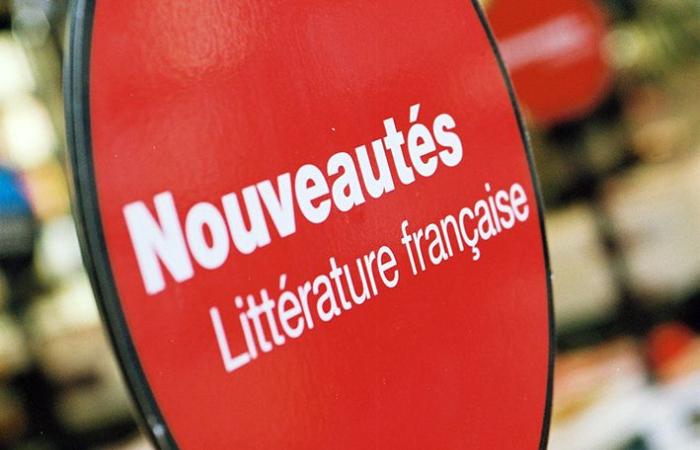Buying less does not mean selling less. This is one of the enlightening conclusions drawn by the Association for Book Ecology in its return to the “truce of new releases”. Conducted between January and June 2024, this action research aimed to “ create a strong breathing space for participating bookstores, thanks to the partial or total cessation of automatic purchases “. In doing so, the association intended to open a space for collective reflection on the dependence of the independent bookstore on the flow of new releases.
Purchasing and turnover trips
For this first attempt, around twenty bookstores, in France and Belgium, responded to the call, under various conditions (complete truce, truce on the superfluous, even/odd month truce, etc.). Among their initial concerns, that of losing turnover seems to have been swept away by the results of the experiment, presented on December 9 by the Association for Book Ecology. Overall, cash sales of the “truce” cohort increased by 1.7% over the period from January to July 2024 compared to the previous year, compared to +0.1% for all bookstores. from France and Belgium (figures from the SLF Bookstore Observatory).
Furthermore, if participating bookstores reduced their automatic purchases by 16.9% over the period (compared to -3.5% at the national level), purchases of other new releases increased by 7.8% and purchases of the fund by 4.9%. The turnover on “fresh” new products (from 0 to 3 months) decreased, while that of new products more than 3 months old and the fund increased, the breaks on offices allowing more time and effort to be devoted. space on the tables for these two categories.
Sometimes “rough” exchanges with the broadcast
As for reactions, “ these truces went very unnoticed by customers », comments Mathilde Charrierbookseller and coordinator of the Association for Book Ecology.
Although a significant portion, even a majority, of the representatives welcomed the operation, strong tensions emerged with some of them. “ Relations have deteriorated with certain representatives to the point that they no longer come, but it is a consequence of the truce which ultimately relieves us », testified Olivier Verschueren du Livre aux Trésors (Liège, Belgium). Informed of the truce, certain commercial management sometimes had reactions “ rough » with respect to participating bookstores, “ posing half-hearted threats about discounts, or not sending an invitation for a literary back-to-school meeting », cites the report as an example.
New truce in March-April 2025
Despite the difficulties sometimes encountered, “ for truce bookstores, it’s complicated to return to normal », Says Mathilde Charrier. In order to continue to collectively test this other way of doing things, the Association for Book Ecology therefore calls on booksellers and all those who wish to do so to experiment with the truce from March to April 2025. It hopes for at least a doubling of the number of participants.
« We will create spaces for exchange with broadcasting and publishing to discuss what this truce raises », also announces Anaïs Massolabookseller and president of the Association for Book Ecology, taking care to specify that the issues of overproduction are essentially due to “ to the logic of large editorial groups and large circulations “. Collective work is also planned in inter-professional areas “ around an idea of a common, fair and equitable contract », which could link the actors of the book worlds.






